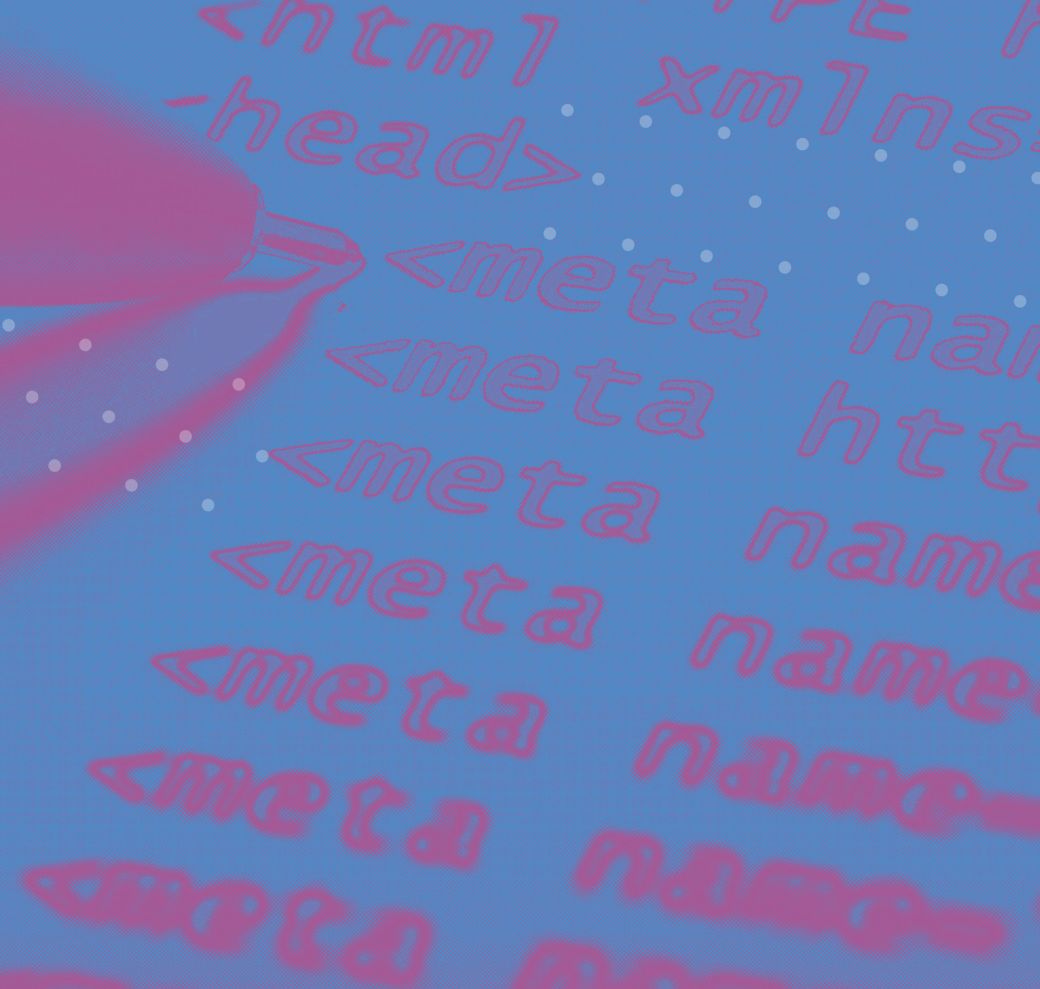Enrichment services



GraspOS will offer tools and services for enhancing missing attributes on research outputs that will allow a more qualitative data space for asssement. These may include attributes related to OA timeliness, Green/Gold/Diamond, open licensing, related entities/identifiers, provenance, collaboration with NGOs/Civic Organisations, as well as tools for enriching research output links with semantics, enriching research output with novel metrics capturing scientific impact or usage of OS from different perspectives, e.g., short- vs. long-term impact, OS collaboration impact.
GraspOS will build upon existing technologies provided by its partners to deliver EOSC-native tools and services and deliver metrics taking into consideration the requirements of the pilots and recommendations from the “Open Science Policy Platform Recommendations' the “Indicator Frameworks for Fostering Open Knowledge Practices in Science and Scholarship” and the RDA Interest Group on “Open Science Graphs for FAIR Data” .
The following summarises the tools and services to be provided.
| Service for the enrichment of research outputs with missing attributes | ||||
|
This service will leverage AI technologies to support the enrichment of research outputs with missing metadata. |
||||
| Indicators involved: OA status, timeliness of OA, open licensing, identifiers, provenance, FAIRness. | ||||
| OpenAIRE Broker | A subscription-notification service that enables content providers (repositories, CRIS systems, aggregators, knowledge graphs, publishers) to enrich content with additional metadata. It utilises the OpenAIRE Graph has a key role in the de-centralization and local re-use of all metadata available. | |||
| OpenAIRE IIS - text mining modules | An information inference service that enriches scholarly data with automatically inferred metadata, based on a flexible big data processing pipeline supporting full-text and metadata mining. Current modules include citation extraction (article-data, article-software, product-grant, product-organisations); subject inference (Frascati and SDG); community context. | |||
| A rule-based service that provides metrics on FAIR assessment of content providers (data, software, publication repositories/journals, CRIS systems) based on metadata of the research objects. | ||||
| A general and configurable AI-assisted content acquisition and processing pipeline for documents and projects that aggregates and performs data cleaning and semantic processing. | ||||
| Service for the enrichment of research output links | ||||
| Leveraging AI technologies to identify missing semantics of existing links among heterogeneous research outputs (e.g., publications, datasets, software). The semantics of such links will be instrumental for new indicators as proxies of scientific impact, since “noisy” citations can be filtered out of the respective analysis (e.g., negative or “coincidental” ones). This is of particular interest into ranking OA production. | ||||
|
Indicators involved: citation-link semantics |
||||
| A tool that performs automatic annotation of citations in academic papers, by processing bibliographic data and the text in which the citation appears. It enriches each individual citation with structural and semantic features combining deep learning and problem reduction techniques. | ||||
| Service for the enrichment of research outputs with novel metrics | ||||
| These services will leverage AI technologies to enrich research outputs metadata with a variety of advanced metrics and indicators that capture the uptake and impact of research outputs from different perspectives. They are used into ranking OA production. | ||||
|
Indicators involved: collaboration, types of OA impact |
||||
| EC KIP OS indicators | A suite of advanced software components for indicators on impact and collaboration of OA based research outputs on citation and network analysis (with emphasis where possible on timeliness): Field-Weighted Citation Impact - FWCI scores, Collaborative Index (CI), Degree of collaboration (DC), Collaborative coefficient (CC). | |||
| BIP! Toolbox | A suite of advanced software components that leverages scholarly knowledge graphs (Crossref, OpenCitations, OpenAIRE Graph) and produces advanced citation-based indicators for publications and researchers that capture popularity (= short-term impact), influence (= long-term impact), impulse (= initial momentum). | |||
| Services for enrichment of research outputs with usage data | ||||
| These services will leverage AI technologies to enrich research outputs metadata with a variety of advanced metrics and indicators that capture the usage of research outputs (downloads, service usage, etc). They are used into ranking OA production. | ||||
|
Indicators involved: usage |
||||
|
EOSC Accounting for Services |
A tool that collects service metrics such as Virtual Access Metrics and aggregates them according to EOSC/community rules. It would be used as a data source for impact metrics for the services as part of the federated metrics infrastructure. |
|||
|
A service that collects usage data from OS content providers repositories, journals, and other scientific data sources. Using COUNTER code aggregates, deduplicates and delivers standardised activity reports (SUSHI) about research usage and uptake. Offers data collection from MakeDataCount. |
||||
| OPERAS Metrics |
The service collects usage and alternative metrics for OA monographs and books: downloads, web visits, tweets, wikipedia mentions, etc. It is based on a shared data model |
|||

want to know
more?

